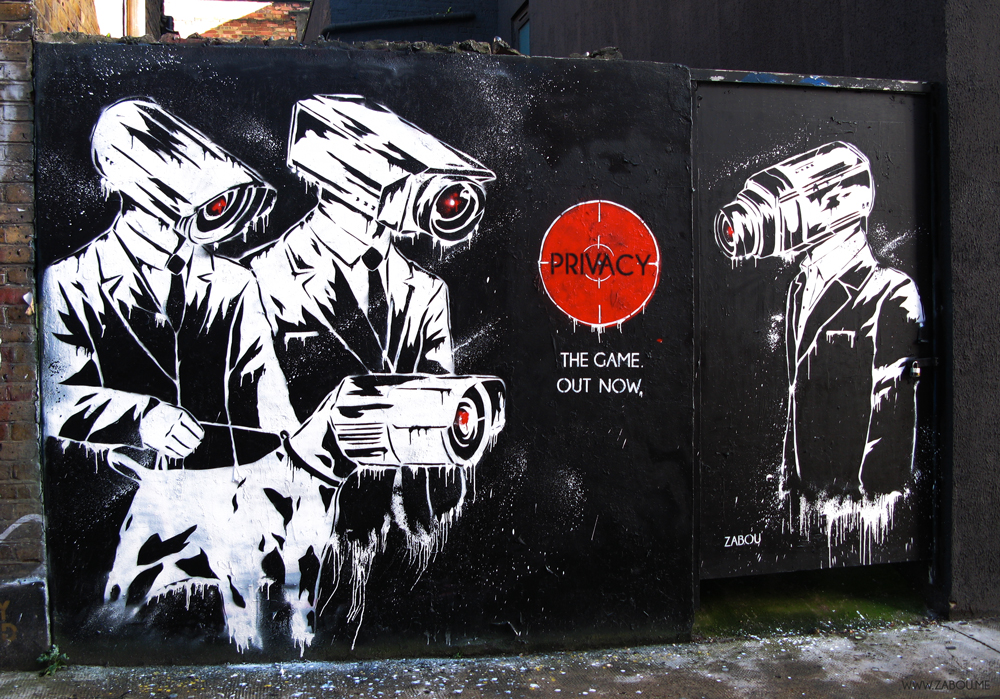In a nutshell, a virtual private network (VPN) creates a connection that is encrypted between your computer or hand device and servers of your VPN provider. All communications and data traffic are then transferred through a secure virtual tunnel over the internet making it almost impossible for third parties to monitor and trace your activities online. VPNs mask your IP address and replace it with one from its globally spread servers so that you can surf the web with complete anonymity. Virtual private network have become a tough business in today’s digital world that is governed by surveillance laws. Any VPN service rely on two main selling point in order to sustain a thriving business; security and privacy. As a result, not all VPNs are equal especially when it comes to a free VPN service providers.
There are many reasons why people use VPNs; such as: setting up a secure connection on the internet, getting access to blocked/restricted web content, hiding p2p sharing activity (torrenting), but most importantly, people use VPNs for anonymity. Because of these reasons and some more, almost all VPN services require a paid subscription in order to provide all these services. Only a few VPNs are offered for free, but are they legit?
Can you trust a free VPN service?
While the connection between your computer and your VPN service provider is supposed to be secure, the connection between the VPN and the internet is not entirely safe. Even though your web activity cannot be traced back to your original IP address (your computer’s location), your activity through the VPN’s fake IP address can be monitored and tracked if your VPN provider has a logging policy which keeps personal information and logs of your online activities through its servers. Such records can be accessed by legal warrants or court orders, therefore, you cannot be entirely obfuscated on the internet as long as your VPN provider keeps data traffic records of the websites you have visited and account information.
Using a free VPN is almost the same as not using one at all. A free VPN gives you only limited features, unlike a premium VPN subscription through which you get the whole nine yards. Moreover, the majority of free VPN services keep traffic logs, therefore, your online activities and sensitive information can be easily tracked by your government, hackers or phishers.
Many internet users who tried free VPN services have complained about connection issues, slow bandwidth, advertisements, sudden cut offs and uncooperative customer support service. In addition, free VPN services are only offered for a limited time, then the service will start charging you for money.
On the other hand, VPN services that are offered for free are rather suspicious since many of them have turned out to be operated by hackers and identity thieves to violate your privacy and steal your personal or credit card information.
Conclusion
Unlike many free VPN providers, well-reputed VPN services state on their website that they may only keep “personal information” necessary to create an account and process a payment (for example: name, e-mail address, payment data, billing address). However, they offer a no traffic policy in which they cannot keep records of IP addresses, logon/off times, or a history of the websites you have visited while you were using their service. If you are resilient about keeping your wallet warm and using a free VPN, then you should only use reliable and trusted VPN services.



